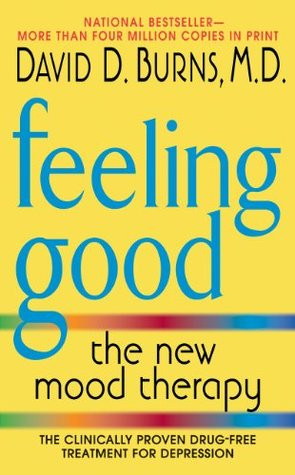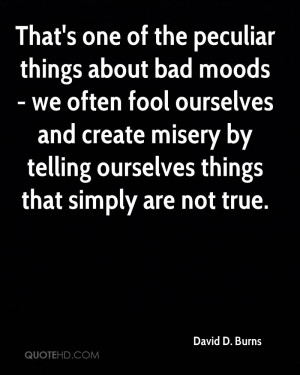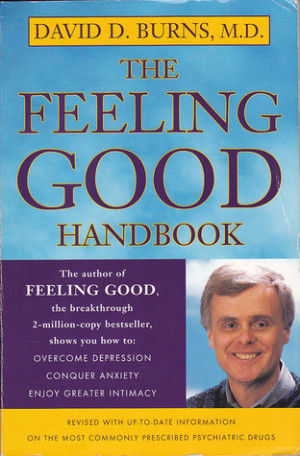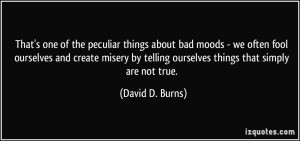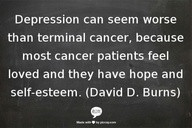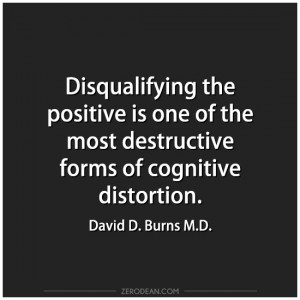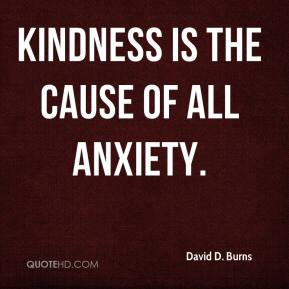David D. Burns — Writer
David D. Burns is an adjunct professor emeritus in the Department of Psychiatry and Behavioral Sciences at the Stanford University School of Medicine and the author of the best-selling books Feeling Good: The New Mood Therapy and The Feeling Good Handbook. Burns popularized Aaron T. Beck's cognitive behavioral therapy when his book became a best seller during the 1980s... (wikipedia)
Cognitive therapy is based on the idea that when you change the way you think, you can change the way you feel and behave. In other words, if we can learn to think about other people in a more positive and realistic way, it will be far easier to resolve conflicts and develop rewarding personal and professional relationships.
The first principle of cognitive therapy is that all your moods are created by your 'cognitions,' or thoughts. A cognition refers to the way you look at things - your perceptions, mental attitudes, and beliefs. It includes the way you interpret things - what you say. about something or someone to yourself.


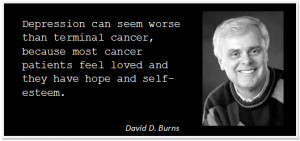

![The Feeling Good Handbook [David D. Burns] on Amazon.com. *FREE ...](https://cdn.quotesgram.com/small/72/90/903591652-r62_My_feelings_for_you_have_always_been_real_my_feelings_for_you_avicii__76388_1344812291_1280_1280.jpg)

